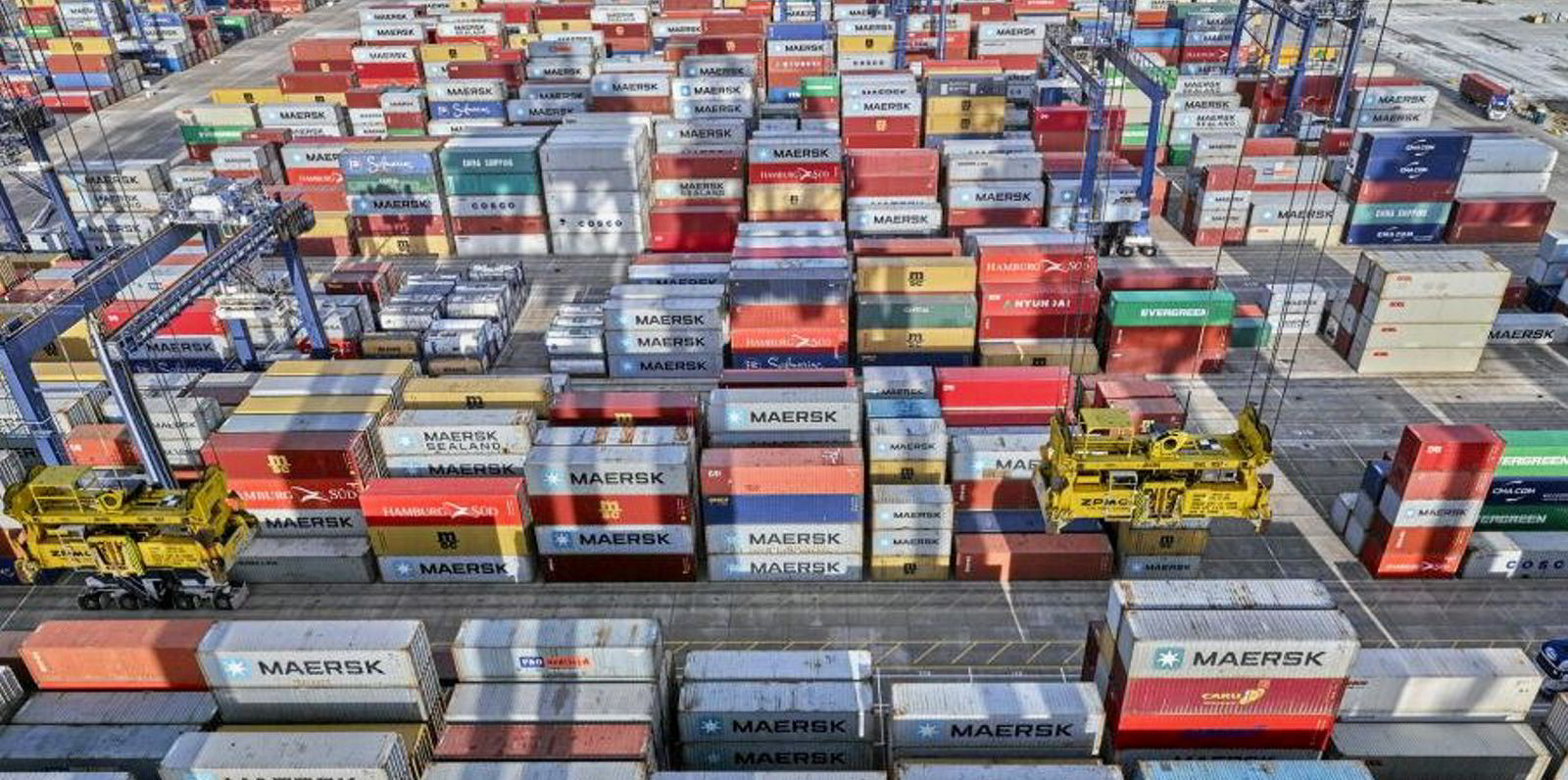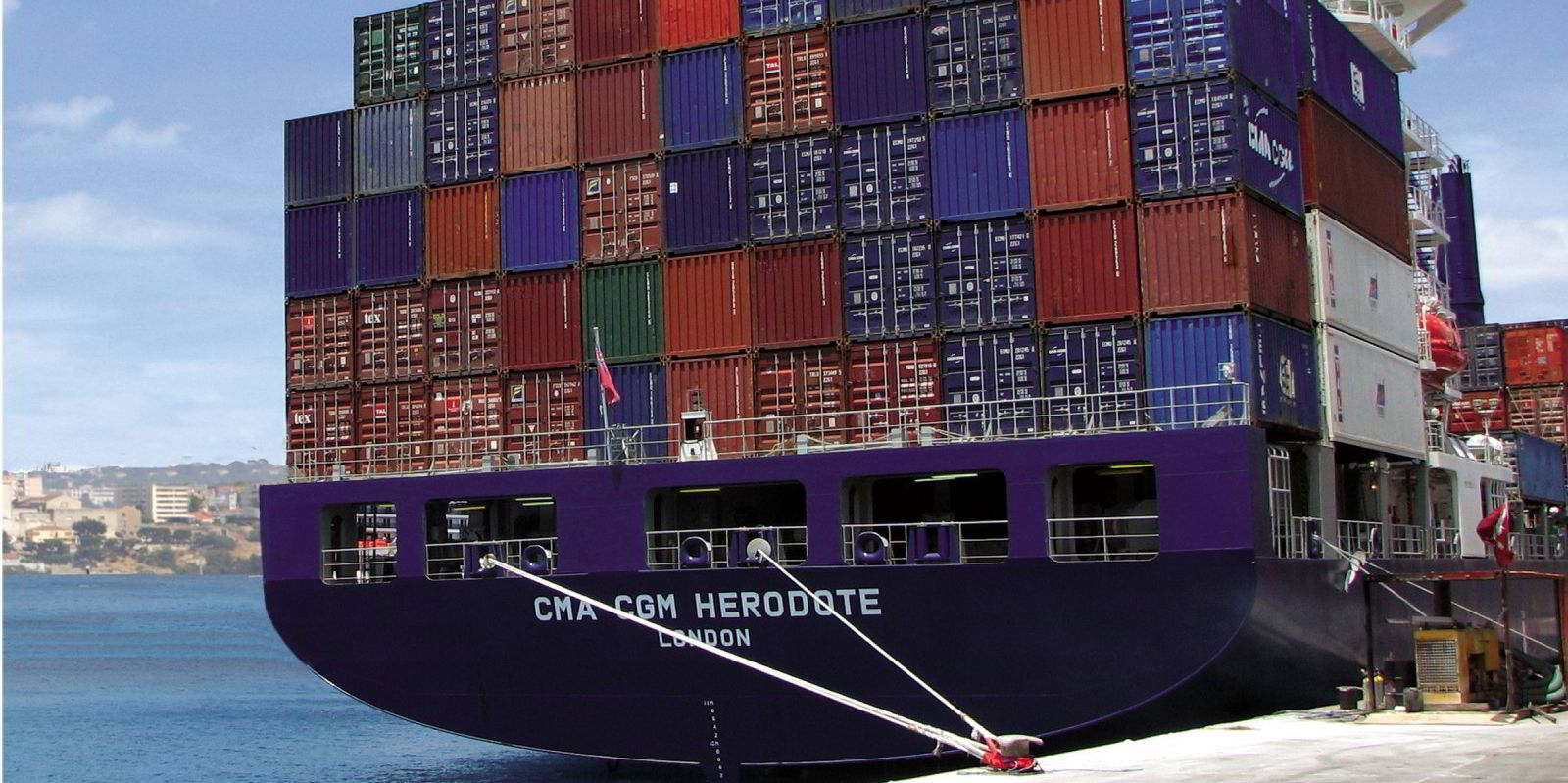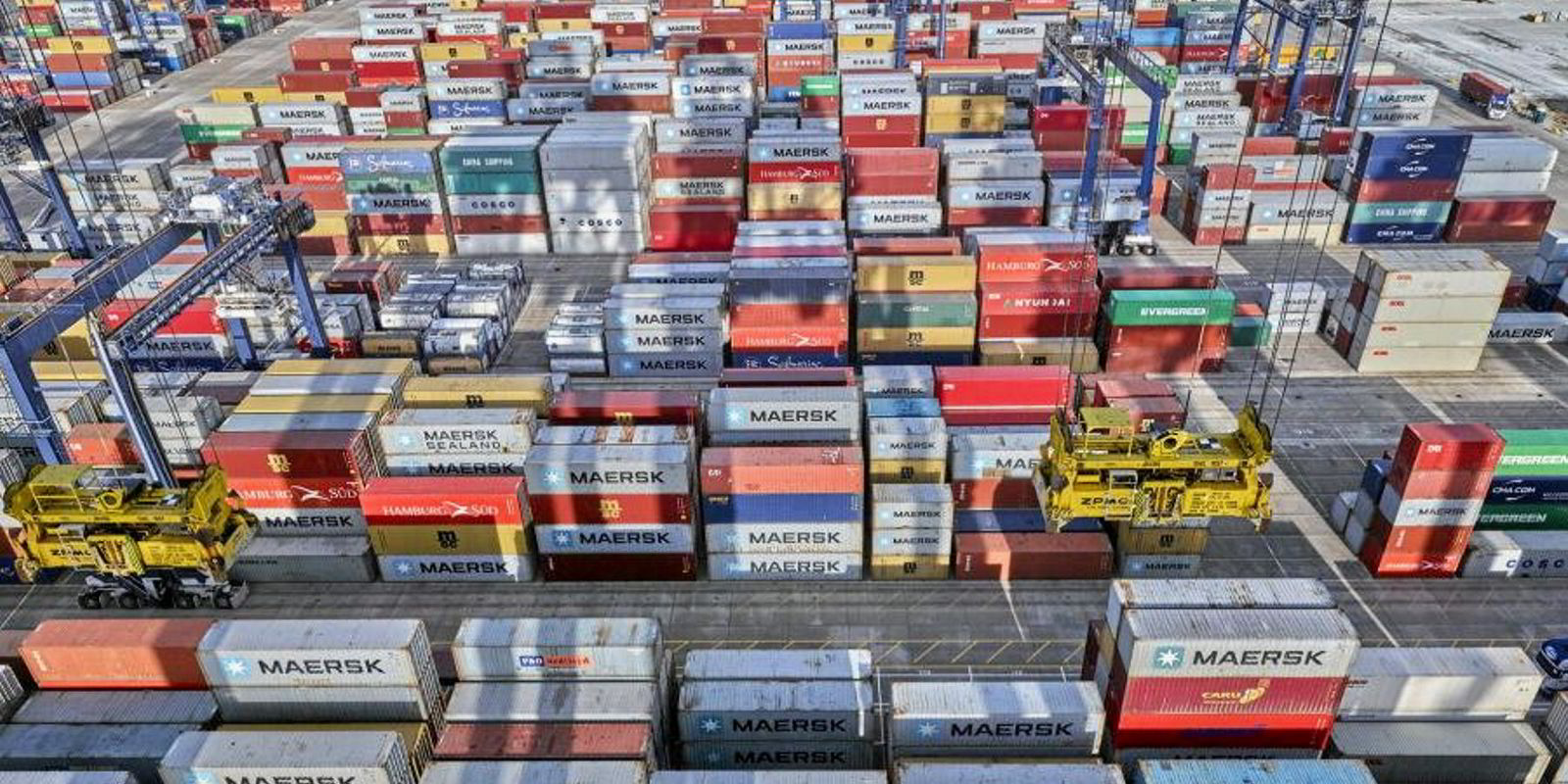A second week of strikes at the UK’s biggest container port of Felixstowe from the end of this month and from tomorrow at Liverpool will severely stress European terminals and supply chains as the peak season for imports approaches.
Eight days of strikes in the last week of August brought Felixstowe, which is responsible for handling 48% of the UK’s container goods, to a standstill.
The new action has been called for eight days from 07:00 Tuesday 27 September to 06:59 on Wednesday 5 October.
The Felixstowe Dock and Railway Company ended pay talks and announced it was imposing a pay deal of 7% earlier this month, according to the Unite union.
Dockworkers at Liverpool are also set to go on strike after the period of mourning for the death of the Queen ends tonight until 3 October.
The pile up of shipments will be further affected by Golden week in China from 1 to 7 October when factories are shut, while typhoons in the region may also cause disruption.
“These disruptions will delay the peak season cargo coming from China to Europe. The cargo ships will be diverted to other ports in Europe and the UK, adding pressure to the congestion in the ports of Bremerhaven, Hamburg, Rotterdam, and [other] major port hubs,” said Christian Roeloffs, cofounder and chief executive of Container xChange.
The ports of Le Havre, Antwerp and Bremerhaven have already hit container availability levels of about 0.9 according to the online container leasing market company’s analysis which sets 1.0 as full.
A container availability index level of 0.87 at Hamburg is the highest since 2020 when it was 0.37 at the same week two years ago.
Rotterdam is at 0.83, the highest in three years, and the port of Bremerhaven has the highest so far this year at 0.87 as of week 37.

Congestion levels have been rising and containers piling up at European ports since the last week of May as problems have been exacerbated by lines’ inability to move empty containers back to China and river levels falling during the high summer temperatures.
Maersk has talked about diverting cargo to ports including Antwerp and Le Havre in its market update but according to Container xChange, congestion levels at the port of Le Havre are again the highest so far this year at 0.89.
Container lines looked to divert cargoes to other ports during the earlier Felixstowe strike, but congestion is now greater than it was a month ago and the peak season is gearing up.
Container xChange quoted traders requesting anonymity as saying the disruption will add to difficulties in Asia-Europe cargo movement as the trade lane traditionally gets much busier to fulfil holiday season orders.
One said: “This will add a lot of friction to container movement because shipments will stop due to the strikes, the extreme weather conditions, and inflation in general. We are expecting panic for holiday shipments.”
The strikes are being held as unions claim that pay offers of 7% are well below UK inflation which is currently at about 12% and rising.






